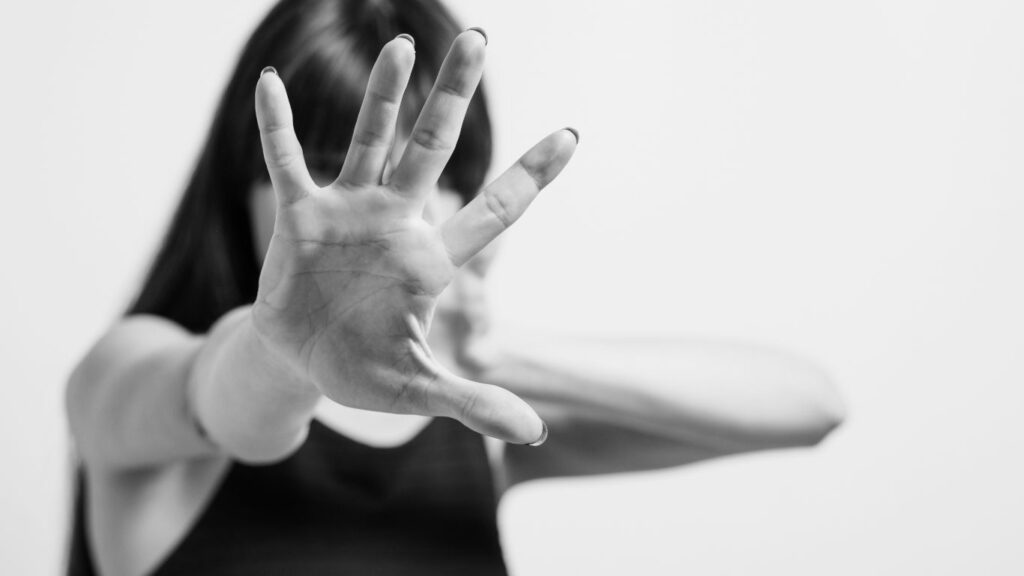Top 7 Signs of Denial in an Addict

When it comes to drinking and using drugs, the negative consequences are often pushed aside or minimized by the individual, which is one of the common signs of denial. According to SAMSHA, the Substance Abuse and Mental Health Services Administration, one in 10 Americans will be affected by drug or alcohol abuse. It’s really not surprising that someone who is struggling with addiction does not want to address their issues with drugs and alcohol due to the stigma put on seeking treatment. In most areas, therapy programs are readily available, it’s just a matter of the individual taking the first step to begin their addiction recovery.
At DayBreak, we have drug or alcohol treatment programs that can help you or one of your loved ones make a positive change in your life. Call us today to find out more information about our treatment centers, inpatient rehab, outpatient rehab, relapse prevention education, Partial Hospitalization Programs (PHP), and other therapy programs for those struggling with addiction.
What is Denial in Addiction?
It’s very easy for a person to initially deny signs of addiction, even if they know they have a problem with commonly abused drugs, alcohol, or any other substances. A person thinking they can handle whatever the issues are with their alcoholism or drug abuse is a common sign of denial and one of the defense mechanisms people often display. Admitting you are struggling with substance use disorders is a very big first step in anyone’s addiction recovery process. Sadly, substance abusers often spiral out of control, do severe damage to one or more areas of their life, or overdose before they investigate any available treatment programs. In addition to the addiction treatments we offer at DayBreak, we also coordinate educational services for loved ones so that they can identify common signs of denial in regards to someone struggling with drug or alcohol abuse.
Call Daybreak Treatment Solutions today at (844) 695-0083 for help in overcoming your addiction.
7 Signs Someone Is In denial About Their Addiction
If you have any suspicion that one of your loved ones is abusing drugs or alcohol or has become addicted to any commonly abused drugs or other substances, here are symptoms of denial in addiction to look out for:
- Legitimizing Substance Abuse as Necessary. This can involve statements about stress management and pain management, for example.
- Manipulating Others. This can present as someone turning the signs of addiction around on the person who is confronting them.
- Hiding Substance Use. This can be as simple as disappearing at regular intervals suspiciously.
- Comparing Behaviors. The individual may bring up that loved ones have had past drug abuse situations.
- Lying. This one speaks for itself.
- Avoidance. Changing the subject any time drugs and alcohol or addiction therapy come up.
- Rationalizing Harmful Behavior. Similar to number 1, stress management, pain management, coping with family issues, etc., may come up.
How To Help Someone Battling Addiction
It’s never a bad thing to want to help someone who is a drug abuser, especially if they are showing one of the many common signs of denial. Here are a few things you can do to help them with their alcohol or drug problem:
- Educate Yourself.
- Get Support.
- Get Counseling.
- Seek Specialty Help.
Drug and Alcohol Addiction Treatment at DayBreak
One sign of denial that substance abusers often display is not wanting to talk about treatment programs. That’s why educating yourself about treatment centers for drug and alcohol rehab available for you and your loved ones can be a good way to help someone battling addiction. At DayBreak, our treatment plans for substance use disorders are flexible and fully customized to meet the needs of each individual client. Whether it’s help with drug detox and withdrawal symptoms, drug rehab behavioral therapy, specialized inpatient or outpatient addiction treatments, or therapy programs for cooccurring disorders, we have the people and plans that can help you. Call us today at (844) 695-0083.
